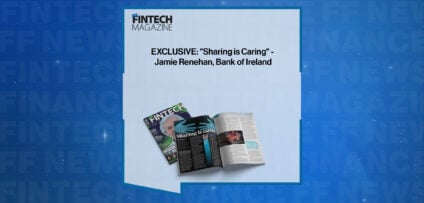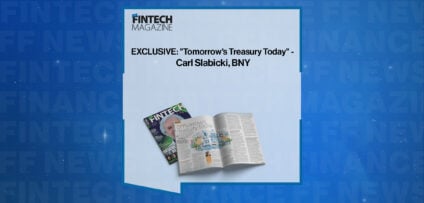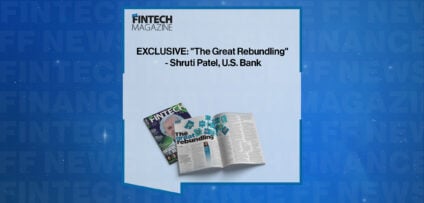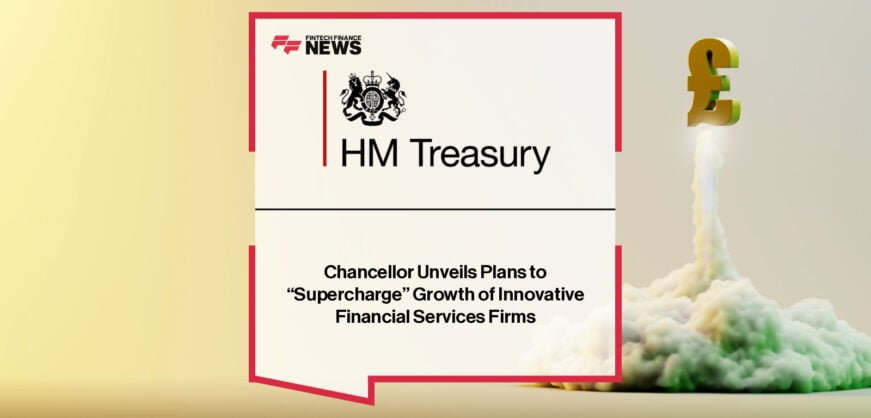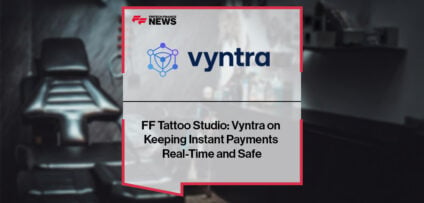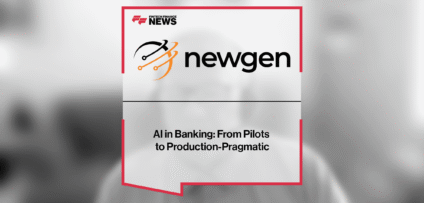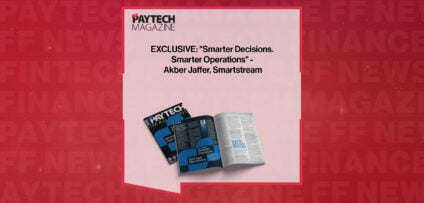Breaking News
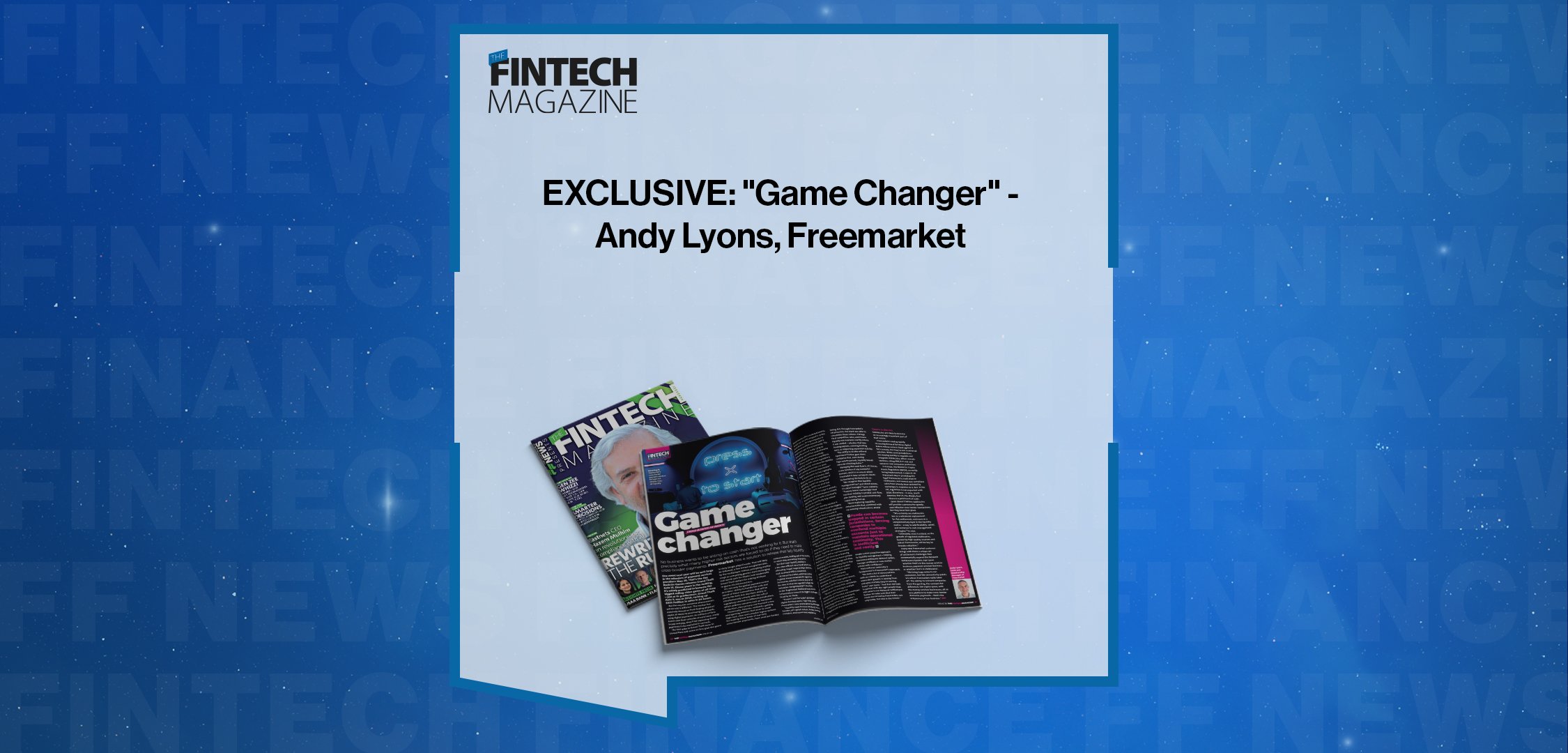
EXCLUSIVE: “Game Changer” – Andy Lyons, Freemarket in ‘The Fintech Magazine’
No business wants to be sitting on cash that’s not working for it. But that’s precisely what many higher risk sectors are forced to do if they need to make cross-border payments. Freemarket has a solution to release that lazy liquidity
One event next year will be writ large in the calendars of payment services providers: May 26. That’s the day Rockstar Games releases Grand Theft Auto VI. Eleven years in the making, it’s widely predicted to become the biggest-selling video game of all time – just as its predecessor, Grand Theft Auto V, was in 2013, racking up $815.7million in sales in 24 hours. But the way the successor phenomenon will be sold is different.
The market has massively moved on from buying physical copies at stores to purchasing downloads, using digital payments. As millions of fans hunch over their consoles at zero hour, ready to pay and play, they’ll be expecting those payments to be executed in seconds. The first spike in Grand Theft Auto VI transactions will arrive as fans grab the game in story (single player) mode. That will likely be followed, a few ironed-out glitches later, by the multiplayer release, prompting another surge as competing gamers start exchanging real-world cash for Shark Cards loaded with Grand Theft dollars for making all those in-game microtransactions.
It’s not only the global payment service providers’ ability to handle the scale and speed of these transactions that will be put to the test, but also their ability to simultaneously comply with the raft of regulatory controls in different jurisdictions, which address concerns such as Consumer Protection, data privacy and financial crime. Historically, fintechs, neobanks, gaming and igaming entities that want to avoid high-cost, slow and complex legacy systems for making these kinds of real-time cross-border payments, have used pre-funded account models, holding cash in the country in which they are making the payouts.
But that traps liquidity, leading to a less-than-efficient use of funds which can, ultimately, impact major strategic decisions, such as around NPD or investment. UK-based Freemarket, which specialises in global money movement for regulated businesses, sees that scenario play out all the time in what are regarded as high-risk industries. Navigating what it describes as the ‘fragmented’ traditional cross-border infrastructure is one of the biggest challenges faced by its clients.
“It wasn’t built for today’s globalised digital-first businesses,” says Andy Lyons, Freemarket’s Sales and Relationship Manager. “Liquidity needs to move seamlessly across borders, yet capital controls, limited banking corridors, and inconsistent regulatory frameworks often create bottlenecks. Funds can become trapped in certain jurisdictions, forcing companies to overfund multiple accounts just to maintain operational continuity. This is inefficient and costly, tying up working capital that could otherwise be deployed more productively.
“These challenges are amplified in evolving markets where regulation is shifting quickly, and where the appetite of traditional providers to serve higher-risk sectors is often limited.”
“Funds can become trapped in certain jurisdictions, forcing companies to overfund multiple accounts just to maintain operational continuity. This is inefficient and costly”
A recent report by PwC highlights those concerns. It estimates that, globally, there are €1.56trillion of working capital not being used efficiently. While not all of that will be tied up in cash accounts, waiting for the next surge in payouts, Freemarket has developed an Instant Liquidity Solution with a third-party partner to specifically help release the portion that is.
“Our Instant Liquidity Solution is designed to remove one of the biggest inefficiencies in cross-border payments: the need to pre-fund accounts in multiple jurisdictions,” explains Lyons. “Instead of tying up capital, clients can access liquidity instantly through Freemarket’s multi-bank network with intelligent routing. This ensures funds are available where and when they’re needed – without the friction and delays of traditional pre-funding.
“The solution combines Freemarket’s cross-border payments and FX expertise with the capabilities of our partner. Together, we enable instant settlement as well as real-time access to EUR and USD short-term financing solutions, giving treasury teams greater flexibility in how they manage cash flow.
“Whether it’s supporting day-to-day operations or responding to sudden opportunities, Freemarket’s clients benefit from increased speed, transparency, and resilience. For example, during a major game launch, one of our clients faced a surge in inflows across several PSPs worldwide.
“Funds can become trapped in certain jurisdictions, forcing companies to overfund multiple accounts just to maintain operational continuity. This is inefficient and costly”
“Revenue was arriving in multiple currencies, and needed to be consolidated, converted, and redeployed in near real-time to pay developers, marketing partners, and suppliers.
“Traditional providers would have struggled with the complexity and timing. But, through Freemarket’s infrastructure, the client was able to consolidate those inflows, manage FX at competitive rates, and ensure liquidity was available exactly where it was needed – whether that was
funding payouts, covering hosting costs, or supporting expansion activity.
“The ability to do this without operational friction gave them confidence that, even during high-volume periods, liquidity would never be a limiting factor.”
Managing that cash flow is, of course, a core function of any successful business, and it is an area in which Freemarket is keen to help its clients by developing the tools to do so.
“We recognise that liquidity management isn’t just about access, it’s about foresight,” Lyons explains. “Treasury teams increasingly need real-time visibility to predict cash flow, plan funding, and avoid unnecessary capital being tied up.
“We’re exploring capability enhancements that, combined with our existing infrastructure, would enable a more proactive approach to liquidity management – helping businesses anticipate demand spikes, manage cashflows or new market entries with confidence.”
That customer centricity is fundamental to Freemarket’s approach.
“We have a lot of conversations with our clients to understand where their growth is coming from and what markets they’re coming from,” says Lyons. “And then we look to partner with the right people that add value to our Network Settlement System to make sure that their needs are served by Freemarket, not only today, but also in the future.”
Tokens in the mix
Stablecoins are likely to become an increasingly important part of that matrix. Freemarket is seeing rapidly increasing demand for these digital tokens whose value is fixed against a fiat currency. But they’re not a universal solution. While some jurisdictions are moving quickly to regulate and integrate stablecoins, others remain cautious, citing AML/CFT risk and concerns over consumer protection.
In Europe, the Market in Crypto Assets Regulation (MiCA), currently being implemented, is seen as an important step in providing the legal framework to instil trust in stablecoins, and several non-compliant coins have already been delisted by exchanges in response to it. But, in the UK, regulation is not expected until 2026. Elsewhere – in Asia, South America, the US, the Middle East – there is a patchwork of rules.
Lyons doesn’t believe stablecoins will provide a panacea for speedy, cost-effective cross-border transactions. But they have their place.
“We certainly see stablecoins less as a wholesale replacement for fiat settlement, and more as a complementary layer in the liquidity matrix – a way to add flexibility, speed, and resilience to cash management strategies,” he says. “Ultimately, trust is critical, so the growth of regulated stablecoins, backed by high-quality reserves and robust frameworks, will be key to broader adoption.”
Every new Freemarket customer brings with them a unique set of settlement challenges that incrementally expand the Network Settlement System, says Lyons ‘whether that’s in the money services business, payment services business, or whether that’s in stablecoins’.
“We bring huge value to our customers, but the connectivity points are where Freemarket really takes off. The ability to connect companies from the gaming, the contract-fordifference, the crypto space, with the money services businesses, all on one platform to make cross-border domestic payments – that’s the uniqueness of our business.”
This article was published in The Fintech Magazine Issue #36, Page 32-33
People In This Post
Companies In This Post
- Chancellor Unveils Plans to “Supercharge” Growth of Innovative Financial Services Firms Read more
- FF Tattoo Studio: Vyntra on Keeping Instant Payments Real-Time and Safe Read more
- Bank of America on the Real Value of RTP Read more
- dLocal Partners With Alchemy Pay to Streamline Crypto-to-Fiat Payments in Latin America Read more
- AI in Banking: From Pilots to Production-Pragmatic Read more









